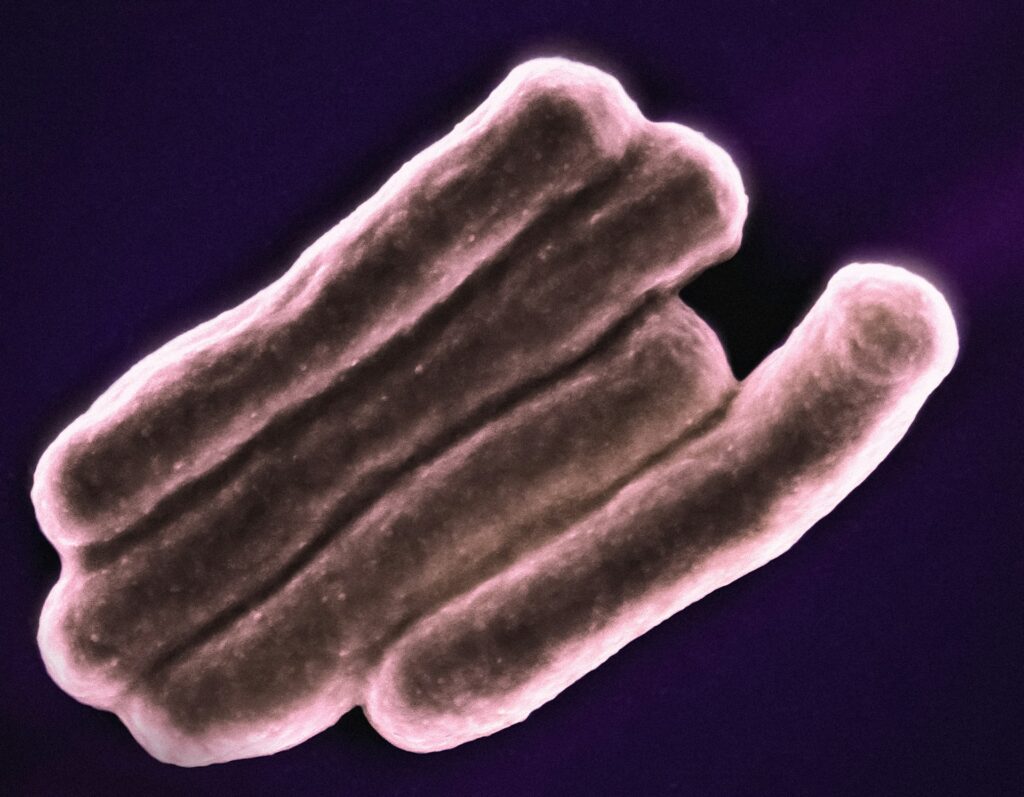
Listeria
Listeria In the past decade, a foodborne pathogen called Listeria monocytogenes has been linked to multiple foodborne disease outbreaks that have been connected to ready-to-eat

Salmonella is a highly contagious group of bacteria that produces a foodborne illness called salmonellosis. The bacteria are commonly found in the intestines of healthy animals such as chickens, dogs, cats, and turtles. It spreads to humans by direct contact with animals that carry salmonella bacteria and through consuming contaminated foods.
The most common symptoms are diarrhoea, abdominal cramps and fever.
Common causes of salmonella infection include:
Remember: Good personal hygiene and good food hygiene are essential in preventing foodborne illness or reducing the risk posed by contaminated food. Wash your hands before eating meals and after playing with animals.

Listeria In the past decade, a foodborne pathogen called Listeria monocytogenes has been linked to multiple foodborne disease outbreaks that have been connected to ready-to-eat

Bacillus cereus Bacillus cereus (B. cereus) is a bacterium frequently present in the environment, existing as spores. Food contamination typically occurs from the soil, air,

About Mold Have you ever gone to your refrigerator for a delicious snack only to find mold has made its home on your fruit or

About Yeast Yeast is a living single-celled fungus, belongs to the kingdom Fungi, that is used in both bread and beer making. The species of

Information you need about foods in cans Foods can be preserved for extended periods of time by canning them and sealing them in airtight jars.

Macronutrients – Protein Macro nutrients are defined as the substances or components that are needed by the body to serve as nourishment to facilitate cell